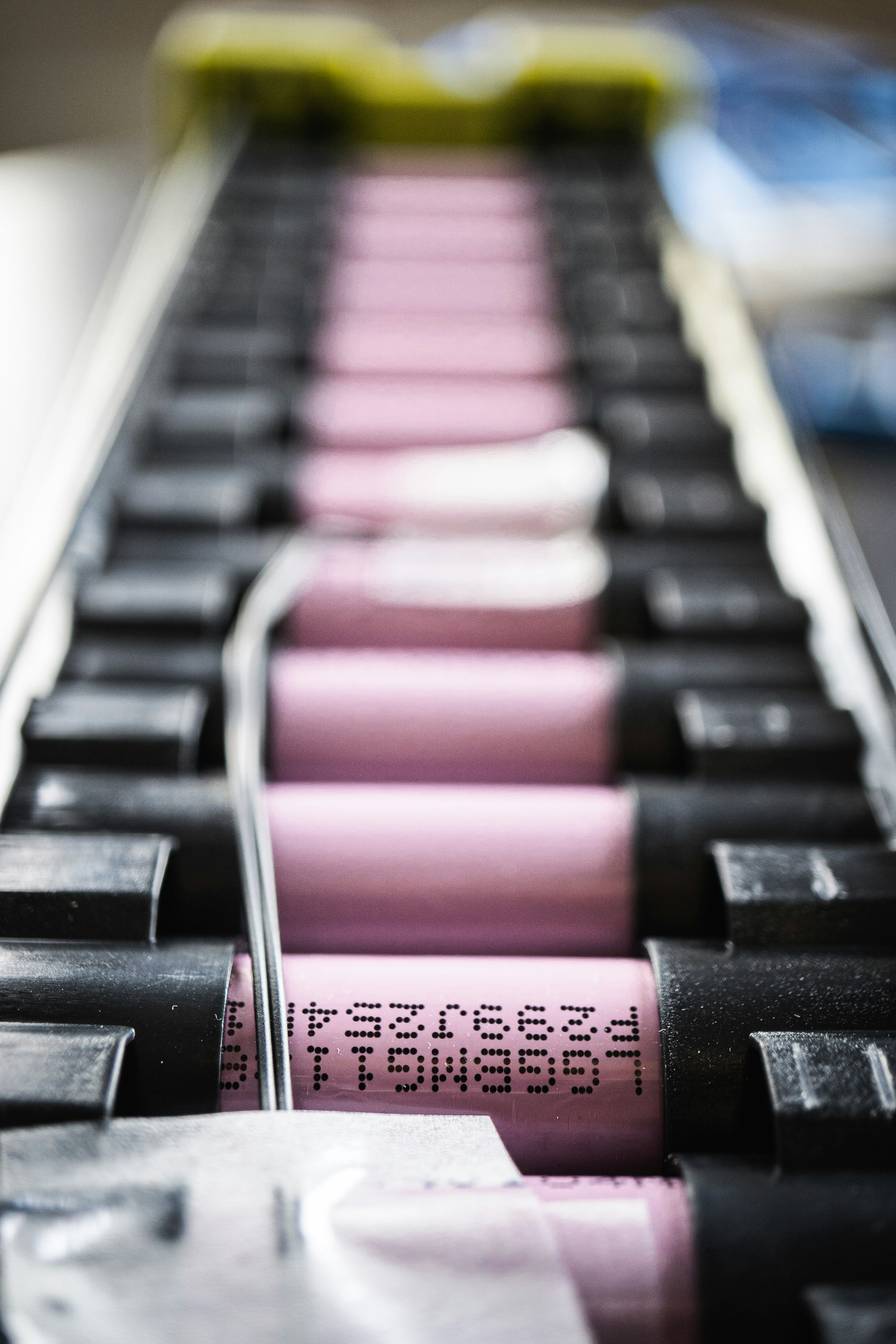Blog Article
Handling the new EU regulations

Dr. Angelo Canzaniello
12.09.2024

Who is affected?
Under the updated Battery Regulation, any industrial or electric vehicle (EV) battery with a capacity exceeding 2 kWh must have a battery passport to be sold in the EU market. This requirement applies to all batteries, regardless of their origin. The entity placing the battery on the market is responsible for ensuring that all necessary data is accurately entered into the digital record and kept up to date.
Contributions to the battery passport will be needed from:
Mining and refining companies
Cell and battery manufacturers
Vehicle manufacturers
Companies involved in battery servicing, refurbishing, and recycling
What needs to be done?
Sustainability and Circular Economy
A core aspect of the regulations is the promotion of sustainable battery production and usage. Manufacturers are required to meet strict environmental standards throughout the battery lifecycle, focusing on reducing carbon footprints, improving material sourcing, and using more recycled materials. By 2030, at least 12% of the cobalt, 85% of lead, 4% of lithium, and 4% of nickel in batteries must come from recycled sources, with targets increasing further after that.
Battery Passport
One of the most innovative features is the introduction of a digital battery passport, providing transparency about battery components, recycling rates, and sustainability practices. This passport will contain detailed information about each battery’s composition and environmental footprint, accessible to manufacturers, consumers, and recyclers alike. This measure enhances traceability and accountability across the entire battery supply chain.
Extended Producer Responsibility (EPR)
The regulations put significant responsibility on producers to ensure that batteries are properly managed at the end of their life. Producers will be responsible for the collection and recycling of used batteries, making it easier for consumers to return them. By 2027, collection rates for portable batteries must reach 63%, and 73% by 2030.
Due Diligence for Ethical Sourcing
To prevent human rights violations and environmental damage in the supply chain, especially in raw material extraction (like cobalt or lithium), companies will have to meet due diligence obligations. This means greater scrutiny on the sourcing of battery materials, ensuring ethical practices are upheld and risks like child labor or unsafe mining conditions are minimized.
Recycling and Waste Management
Stricter targets for recycling efficiency have been established, aiming to recover up to 80% of lithium by 2031, along with higher targets for cobalt, nickel, and copper. Recycling facilities will need to upgrade their processes, making sure they meet these new, higher efficiency standards.
Impact on Electric Vehicles (EVs)
With the growing demand for electric vehicles (EVs), these regulations are especially relevant for the automotive sector. EV manufacturers will now have to comply with stricter rules on battery performance, durability, and recyclability. This will help ensure that the environmental benefits of electric mobility are not offset by the negative impacts of battery production and disposal.
New Standards for Performance and Durability
To improve the efficiency of batteries, the EU regulations set minimum performance and durability standards. This includes longer battery life and improved energy efficiency, particularly for electric vehicle batteries, consumer electronics, and industrial energy storage systems.
How do you stay compliant?
There are very individual steps per company to achieve compliance with the new EU regulations. Reach out to us for a non-binding consultation or check our Compliance Wizard.
Power up your supply chain.
Get started now. Book a consultation with us.

